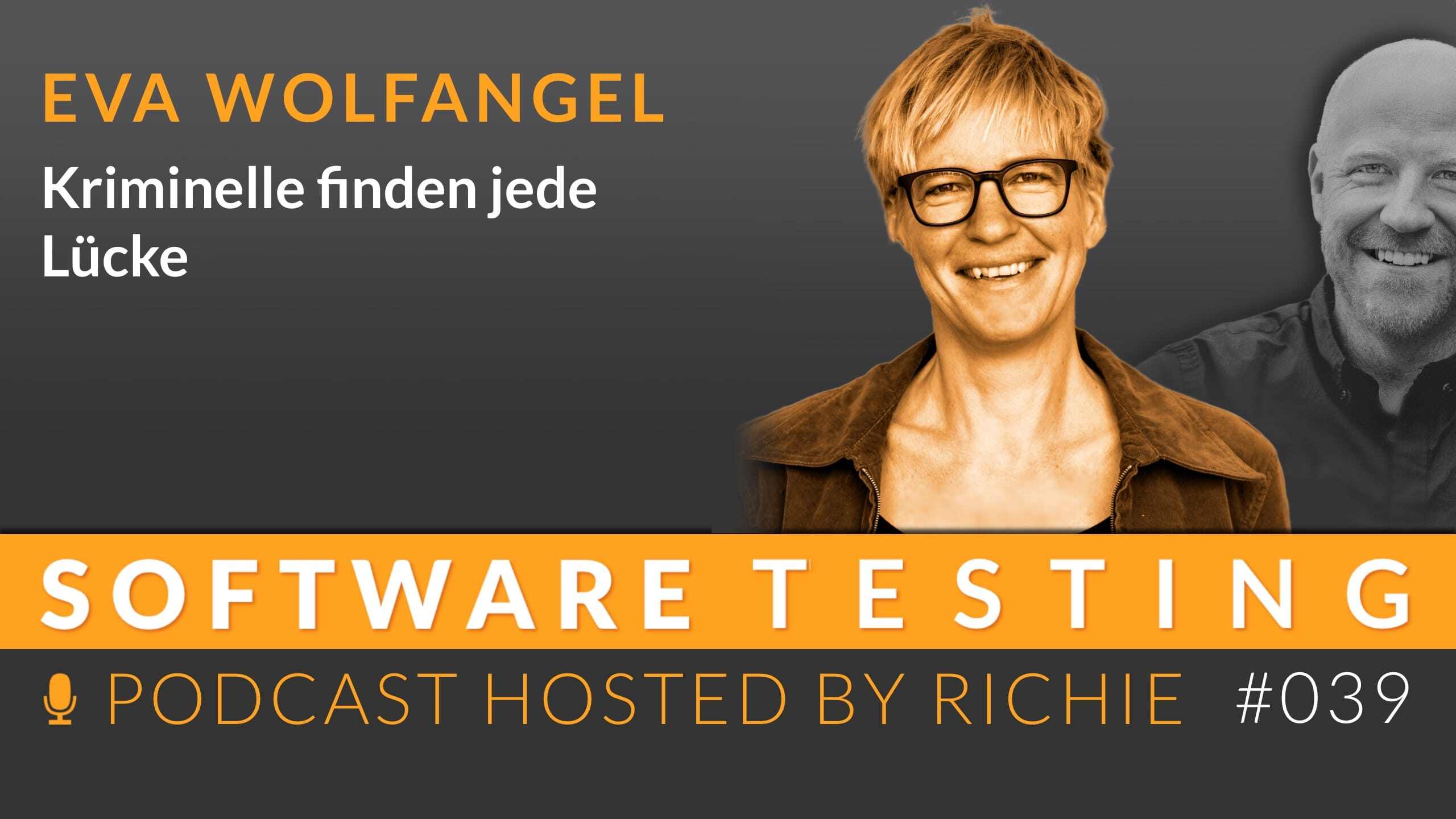Secure by Design
How can you incorporate security principles into the development process at an early stage, instead of somehow tinkering them in afterwards? Eoin...

Security audits are an essential part of the development process. Nils Göde explains the importance of considering security issues at an early stage and not when it is too late. What are the day-to-day challenges and how can teams develop a proactive approach to security? Nils shares valuable tips on identifying and managing security gaps as well as practical tools and methods for continuous security management. Security is an ongoing process, not a one-off effort.
“So what doesn’t work, to summarize it again, is this ad hoc attention for the topic of security, something happens, everyone is startled, you do a few things and then the attention is gone again” - Nils Göde
Nils Göde holds a PhD in software quality and leads the software auditing team at CQSE. He analyzes and evaluates business-critical systems and shares his findings at conferences such as OOP and JAX. His research on code clone detection has won several awards, including the “Best Paper Award” at the European Conference on Software Maintenance and Reengineering.
Highlights of this Episode:
Today we are talking about the need to integrate security audits into the development process at an early stage in order to make systems more secure. Nils Göde shares insights and methods on how this can be achieved and emphasizes the importance of continuous improvement and awareness in dealing with security risks.
In today’s episode, I invited Nils Göde to talk about a topic that is becoming increasingly important in today’s fast-paced world of software development: security audits. During my welcome, I emphasized the relevance of this topic and highlighted that security should not be considered only when it is already too late. It is essential that security considerations are integrated early in the development process to effectively address potential risks and vulnerabilities.
In our conversation, Nils emphasizes that although the importance of security is generally recognized, practical implementation often falls short of expectations. Many teams are faced with the dilemma of how to address security, especially when it comes to integrating it into existing processes. A big part of the challenge is finding the right balance between the need for security and maintaining an efficient development flow. It is not enough to react to security issues on an ad-hoc basis; rather, a continuous and proactive approach to the issue is required.
One of the most important aspects of our conversation is discussing practical approaches to integrating security considerations into the development process. Nils emphasizes the importance of transparency within the team and the need to establish security reviews as an integral part of the development cycle. In particular, the use of tools for automated security testing and the integration of these tests into regular retrospectives and review processes. This not only enables teams to identify potential vulnerabilities at an early stage, but also promotes a deep understanding of security risks within the team.
Another key point is the role of education and collaboration in improving security practices. Nils emphasizes the importance of a solid foundation of security knowledge within the development team and the benefits of regular training and workshops. By encouraging an open dialog about security issues and analyzing security results together, teams can learn from each other and continuously improve their skills. The ultimate goal is to create a culture of continuous improvement in which every team member can contribute to increasing system security.
How do you move towards a more secure future for software applications? Integrating security audits into the development process is not a one-off project, but an ongoing commitment to our users and customers. By constantly paying attention to security risks and being willing to adapt our methods, we can not only minimize potential threats but also increase confidence in our applications. It remains a constant challenge, but with the right strategies and a dedicated team, it is possible to follow a more resilient development path.

How can you incorporate security principles into the development process at an early stage, instead of somehow tinkering them in afterwards? Eoin...

In the current episode, we look at the importance of security tests in software development. Security tests are not only necessary at the end, but...

Cyber security is more important today than ever before. Hacker attacks are the order of the day. One example of their potentially devastating...